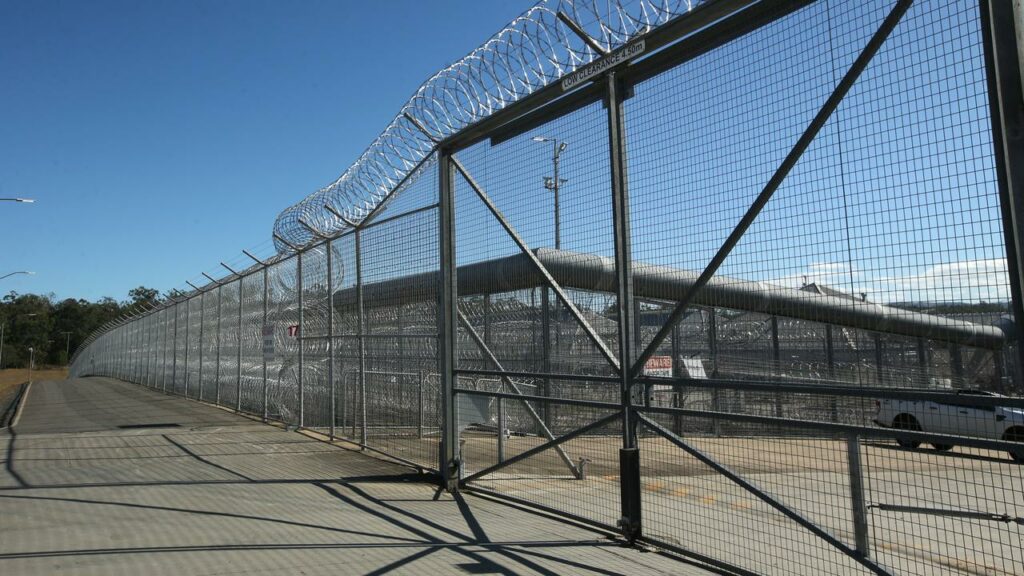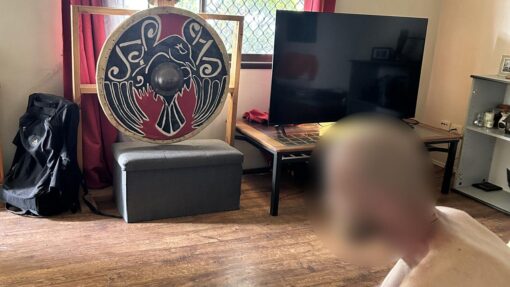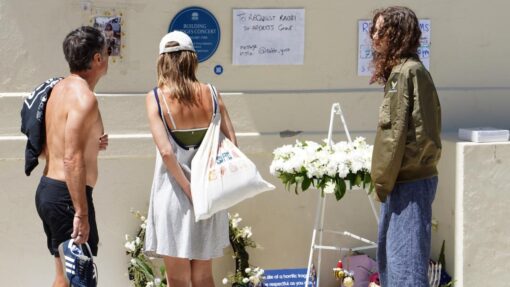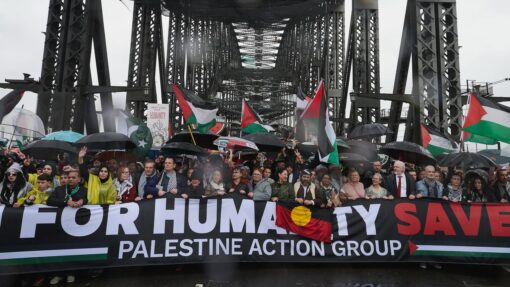Secret report on terrorist assessment reveals problems
Dominic Giannini and Paul Osborne |

A secret assessment of how terrorists are able to be kept behind bars despite completing their sentences has found serious problems.
The report, released to AAP under freedom of information laws, found strong doubts about the reliability of the way authorities predicted the risk a terrorist would re-offend – which is what underpins decisions to keep them locked up.
The Australian government uses assessment methods VERA-2R and Radar to determine the risk posed, which is then used as a basis to have a court grant a continuing detention order (CDO).
A CDO allows convicted terrorists to be kept behind bars after they have served their prison sentence because of the risk to public safety.
The report’s authors, Emily Corner and Helen Taylor, found more than 1500 variables were associated with a person’s movement towards radicalisation and violent extremism.
The VERA-2R covers 14.2 per cent of variables, while Radar only covers 5.9 per cent.
“Both instruments lack the inclusion of the majority of variables identified as significantly associated with radicalisation and terrorism,” the report said.
“This research was able to identify there is, at best, good predictive validity for Radar, and poor predictive validity for the VERA-2R.”
It found the prediction of risk could not be “anything other than chance”.
The results of the assessment cast doubt on the instruments’ ability to reliably determine the future risk an individual poses, the report said.
“(The) evidence underwriting the instruments is of poor quality,” it said.
The report also found the evidence used by the government to underpin both instruments didn’t reflect the amount of high-quality research “freely available”.
It found despite VERA-2R undergoing three developments, the best available research still was not reflected.
The report made four recommendations, including further research and finding stronger evidence to underpin the risk assessment tools.
Dr Corner and Dr Taylor finalised the report for the home affairs department in May 2020 but defence legal counsels were kept in the dark.
The discovery of the report, of which only snippets were previously made public by the national security watchdog, was used to launch legal proceedings on behalf of convicted terrorist Abdul Nacer Benbrika.
Benbrika was detained on a CDO from November 2020 after serving a 15-year sentence stemming from two terrorism offences.
In February 2021, a majority of the High Court upheld the use of the CDO to continue to detain Benbrika, finding its purpose was protective not punitive.
His lawyers were initially kept in the dark about the report’s findings, as were expert witnesses whose evidence was used to make the case for the likelihood of future offending.
Dan Star KC argued the non-disclosure of the report was “likely to be negligent” and that it would have allowed the Commonwealth to make a less restrictive supervision order instead of a CDO.
Independent National Security Legislation Monitor Grant Donaldson said on Friday the release of the report should have been disclosed in government applications for CDOs, which involved courts assessing the risk of offenders committing a terrorist offence once back in the community.
“Attempts to assess this risk, if it can ever be assessed, must be based on more than guess work,” he said.
“If the government seeks these orders relying on a ‘tool’ that assesses this risk, the tool must have integrity and must be researched, tested and challenged.”
Mr Donaldson said CDOs should be abolished.
The Law Council said detention should “only be imposed as a criminal sentence following a person’s conviction for an offence” and agreed the power to make CDOs should be abolished.
“The Law Council’s long-standing position is that the CDO regime is not a necessary or proportionate response to the threat of terrorism,” president Luke Murphy said.
AAP


